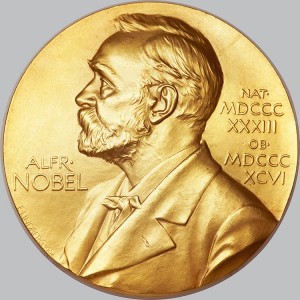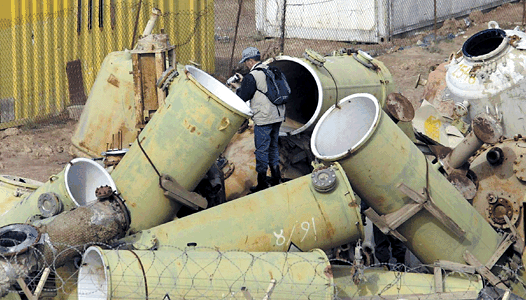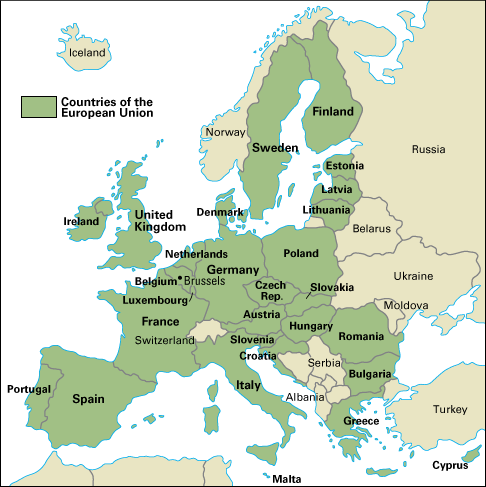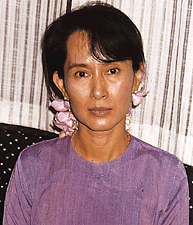Hispanic Heritage Month: Rigoberta Menchu
Thursday, September 15th, 2022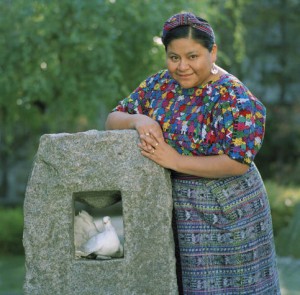
Rigoberta Menchu, winner of the 1992 Nobel Peace Prize
Credit: © Micheline Pelletier Decaux, Getty Images
People in the United States observe National Hispanic Heritage Month each year from September 15 to October 15. During this period, Latin American countries celebrate their independence. These countries include Cuba, Costa Rica, El Salvador, Guatemala, Honduras, Mexico, and Nicaragua.
Rigoberta Menchu, a Guatemalan K’iche’ (previously spelled Quiche) Indigenous woman, won the 1992 Nobel Peace Prize for her work to gain respect for the rights of Guatemala’s Native American peoples. The Ki’che’ are descendants of the Mayan Indigenous people.
Menchu was born on Jan. 9, 1959, into a poor family in Chimel, northeast of Santa Cruz del Quiche. She became an agricultural laborer as a small child. In 1977, her father, Vicente Menchu, helped organize the Peasant Unity Committee, a group seeking rights for agricultural workers and land for peasants.
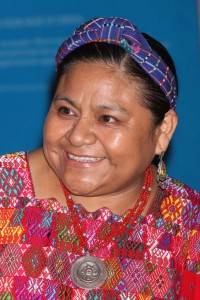
Rigoberta Menchú is a Guatemalan human rights activist. Menchú won the 1992 Nobel Peace Prize for her work in support of American Indians’ rights in Guatemala.
Credit: © Robert Pitts, Landov
Since about 1960, Guatemala’s government had been fighting a civil war with leftist groups. It objected to the Menchu family‘s political activities. By 1981, Menchu’s parents and one of her brothers had been killed by the Guatemalan army. That year, Menchu fled Guatemala.
Her autobiography, I, Rigoberta Menchu: An Indian Woman in Guatemala, was published in 1983. The book called attention to injustices suffered by Indians in Guatemala and to the human rights abuses of the Guatemalan military. A study published in 1998 charged that certain parts of Menchu’s book were inaccurate. Menchu responded that she had mixed other Native Americans’ experiences into her book, and that it represented the story of the Guatemalan people rather than of one individual.
In 2004, Guatemalan President Oscar Berger offered Menchu a position in Guatemala’s national government. She agreed to help oversee the implementation of the 1996 peace accords that ended the civil war. In September 2007, she ran for the presidency of Guatemala but was not elected.

